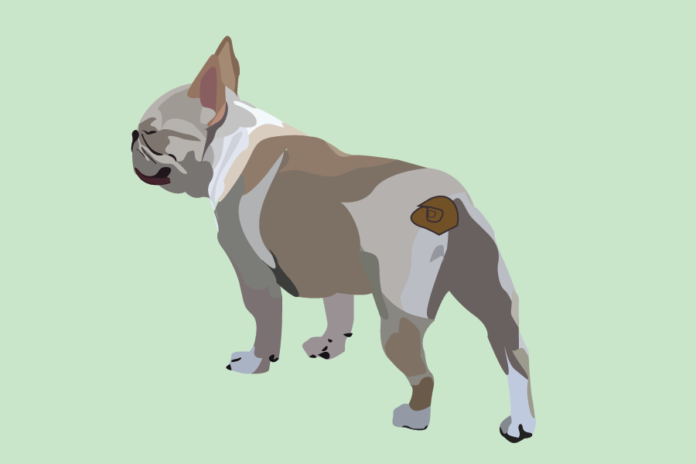UC Davis researchers find mutation in bulldogs similar to anatomical changes caused by rare genetic disease Robinow Syndrome
Bulldogs, French bulldogs and Boston terriers aren’t only recognizable by their wide heads and short limbs but also by their screwtails, which are caused by the lack of vertebrae that normally make up the tailbone. Researchers at the UC Davis Veterinary Medical Teaching Hospital sequenced the whole genome of 100 dogs from 25 breeds. Among those breeds, only the Bulldogs, French bulldogs and Boston Terriers are known to share the identifiable screwtail.
“About 12 million genetic differences were identified in the studied dog genomes,” said researcher Dr. Tamer Mansour. “Computational analysis predicted one of these changes in a gene called DISHEVELLED 2 or DVL2 to cause the shape of the tail. Searching other species for similar changes showed that this genetic change is not only responsible for the kinked tail but also vertebral deformities and a special type of brachycephaly. Surprisingly, we found strikingly similar manifestations in a very rare human disease called Robinow syndrome caused by mutations in the related DVL1 and DVL3 genes.”
Robinow syndrome is a rare hereditary disorder that causes similar genetic changes to those of bulldogs, including a short stature, wide heads, flat face, short limbs and spinal deformities, as well as disease traits like cleft palate. By studying the DVL2 mutation in dogs, it’s possible to learn more about how DVL proteins function and how human mutations in DVL1 and DVL3 can cause Robinow syndrome.
“We can use the knowledge from studying the dog mutation to strategize means to manipulate and potentially “correct” the pathway in human Robinow patients, for example through gene therapy,” said Professor Henry Ho, of the UC Davis School of Medicine.
Understanding these mutations can help dogs as well.
“We now know that these dogs’ vertebral malformations are linked to their screwtails,” said Professor Danika Bannasch in the Department of Population Health and Reproduction in the UC Davis School of Veterinary Medicine. “This helps us to understand some of the disease predispositions in these breeds.”
These dogs could prove to be an important model for better understanding the rare Robinow syndrome.
Written by: Kriti Varghese — science@theaggie.org




